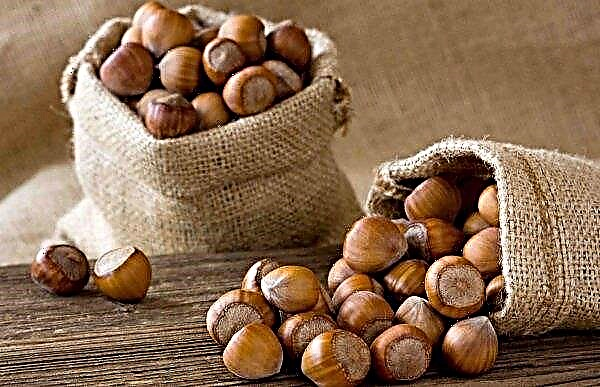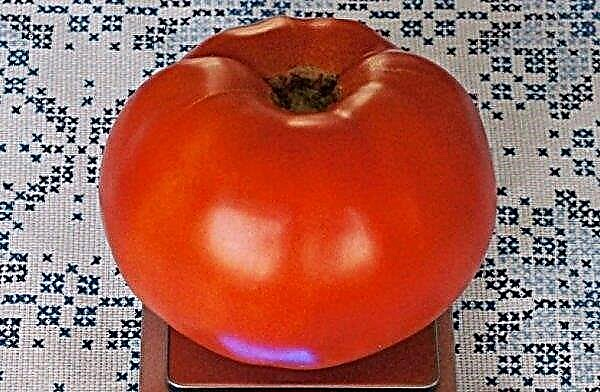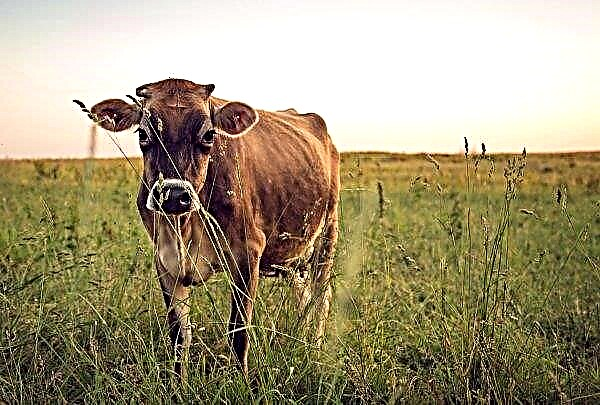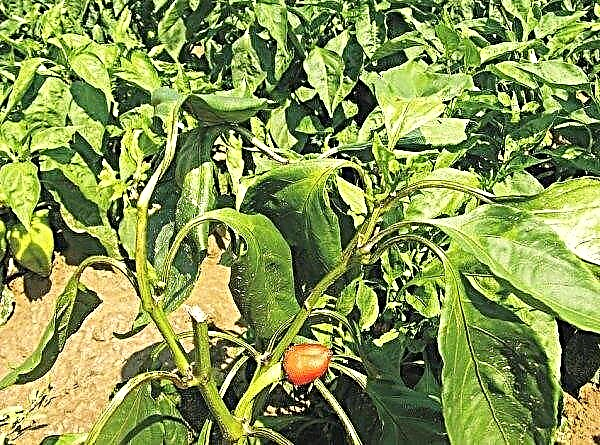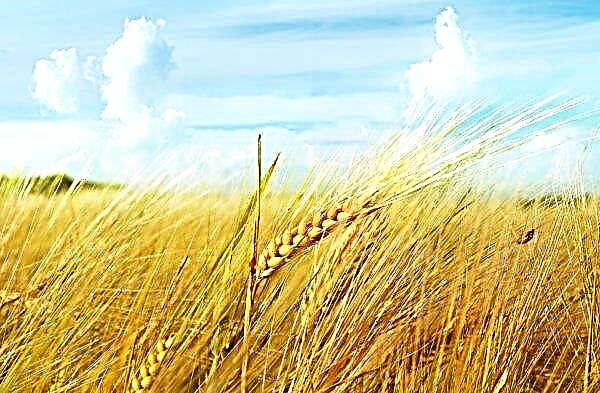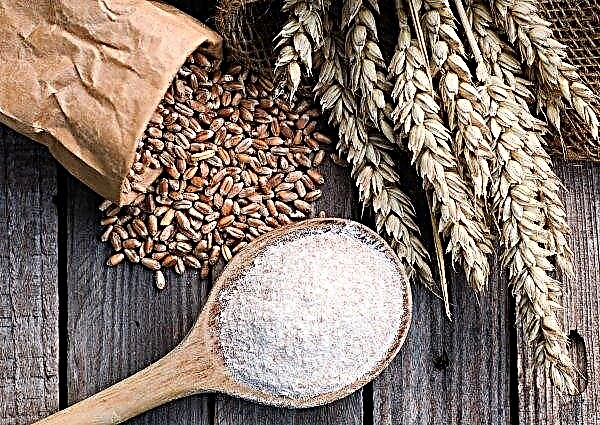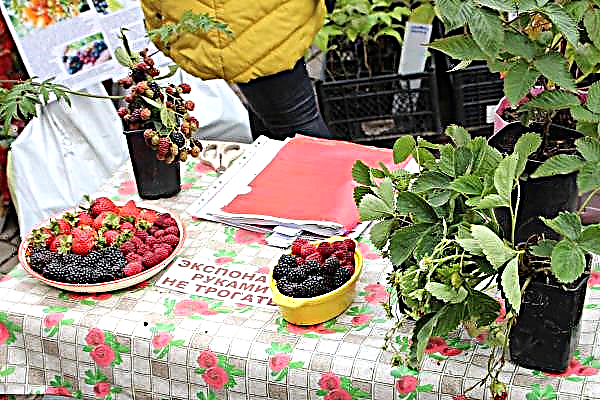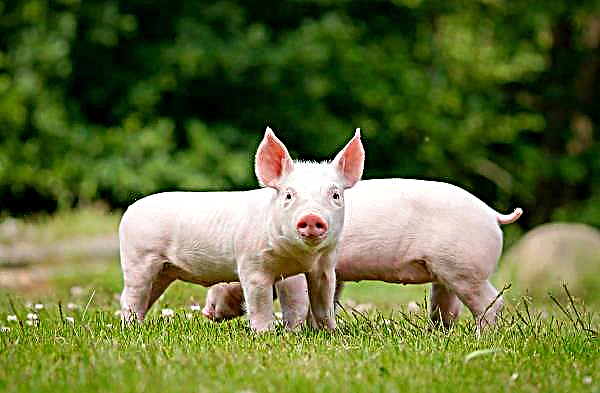Recall that it all started in the world's largest Chinese factory. This led to a massive slowdown in logistics, which in turn reduced the indicators associated with foreign economic activity.

In addition, absolutely all schedules on the agricultural commodity exchange underwent changes. They headed down.
So, coronavirus has affected cultures such as:
- corn
- corn
- soya beans
- cocoa
- coffee
- sugar.
Trends
First, on the European exchanges, the price of Ukrainian wheat slipped by $ 3 per ton, then corn lost in price by 1-2 units of this currency. As for the sunflower oil market, it had indicators at around 750 dollars per ton, but after a few days it fell to around 710.
This may lead to a drawdown in the cost of oilseeds. However, price dynamics fully repeats last year’s fluctuations. The main blow takes rapeseed. Because the implementation of this culture is completely dependent on European markets. Prices have almost fallen to the level of early fall.

Cereals do not respond to the crisis. Here the normalization of the situation in Asian countries began to operate. China returns to the purchase of feed grain. This may support the market a bit.
20,000 farms raising wildlife animals, including peacocks, civet cats, porcupines, ostriches, wild geese and wild boars, have been closed all over China as a result of coronavirus.
What does coronavirus affect
The price of Ukrainian grain may be affected by the depreciation of the ruble. Recently, it has grown against the dollar. But this makes Russian wheat more competitive.
But Ukraine has already exported almost all grains and oilseeds. By the end of the season there are not many reserves left. Everyone has already switched to a new crop.

In India, meat exports decreased by 12-15%, as well as a drop in global demand for rice, restrictions on sending drugs abroad and a shortage of raw materials for the pharmaceutical, solar and electronic industries appeared.
How to make money on it
It depends on where you are right now. If you are desperate for money and planning to liquidate your assets, this is definitely bad for you, as it will eat up your profits and possibly the hard-earned capital. But if you are a long-term investor, then such a crash in the market can be your friend, because it gives you the opportunity to buy good companies at low prices.
The famous investor Charlie Munger earned enormous wealth after the financial crisis of 2008 by investing in banking stocks on which no one was betting.
But it’s better to wait until the volatility settles down to see some noticeable reversals of the charts in the opposite direction.
As the incidence of Covid-19 is increasing in India, consumers are increasingly turning to Ayurvedic medicines and products in the hope of boosting their immunity. Sales of products such as honey and herbal tea, which is advertised to boost immunity, rose 17-18% per month.

The spread of the epidemic of the new coronavirus stimulated the transfer of production to the domestic market. This is a new reality in logistics. Let's see how local farmers take advantage of this.

